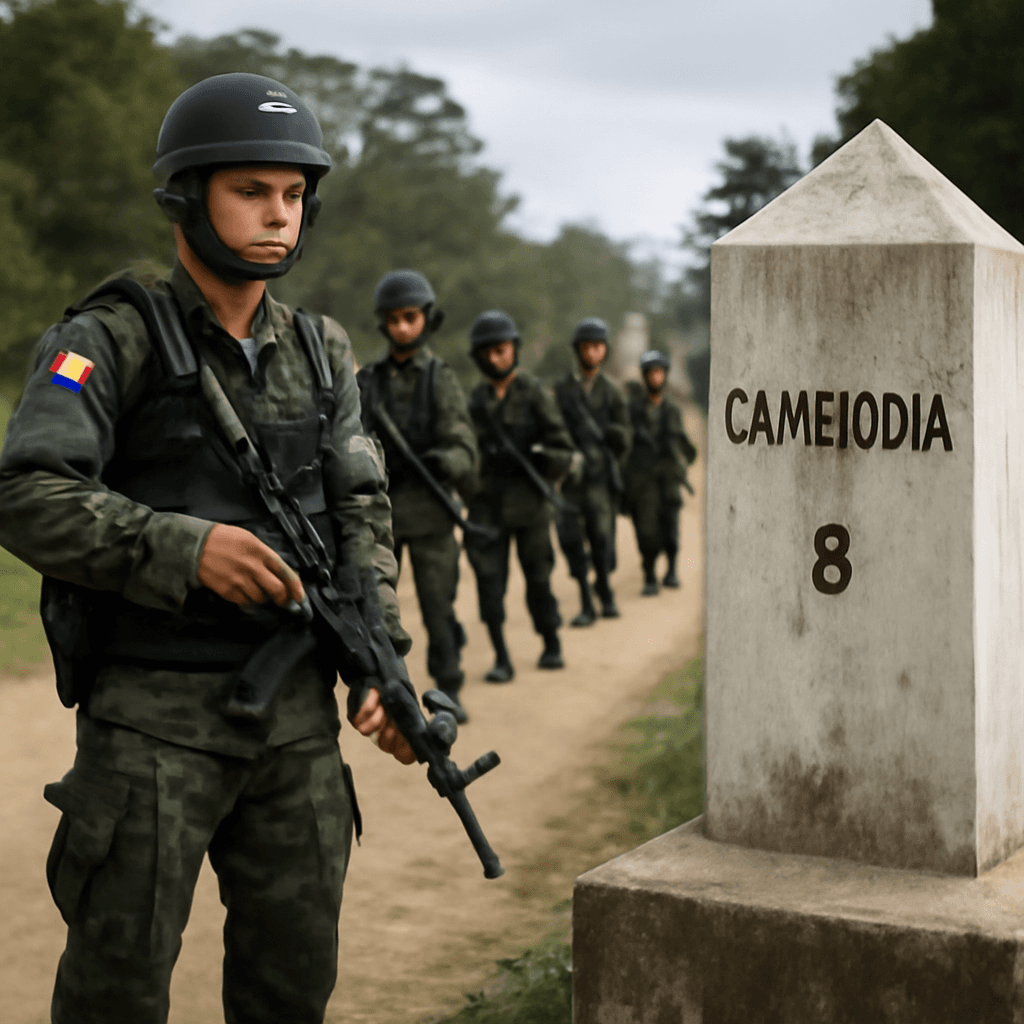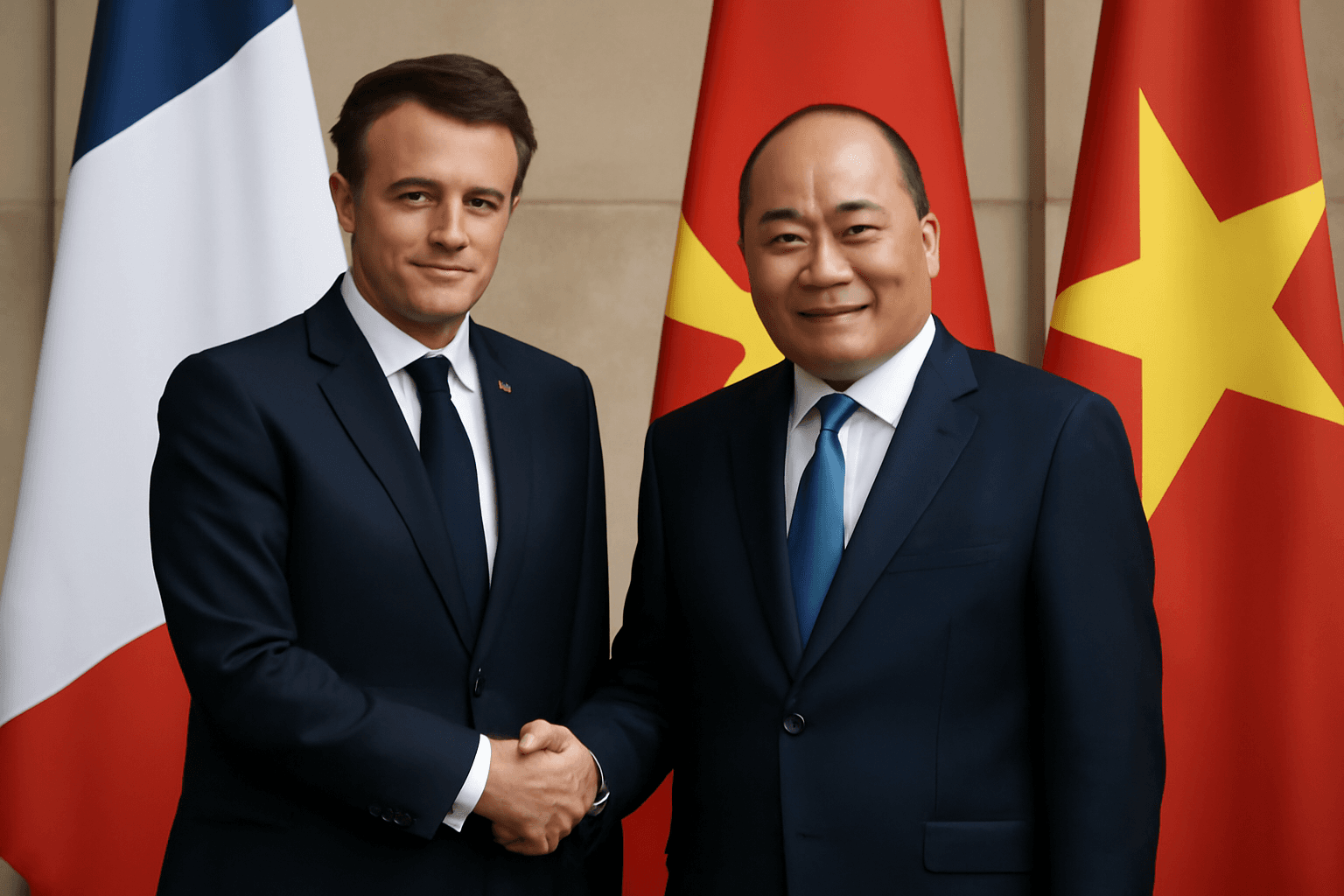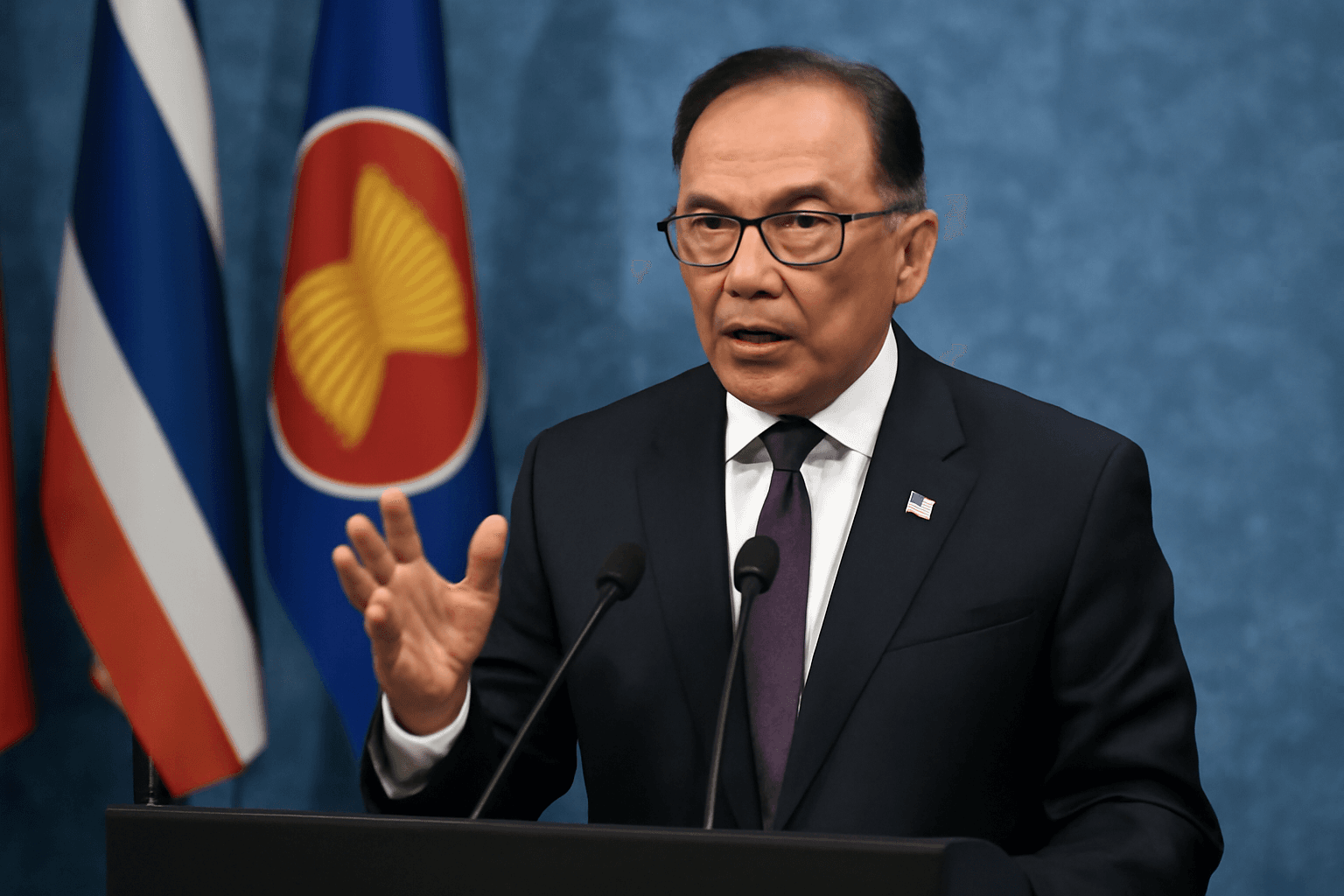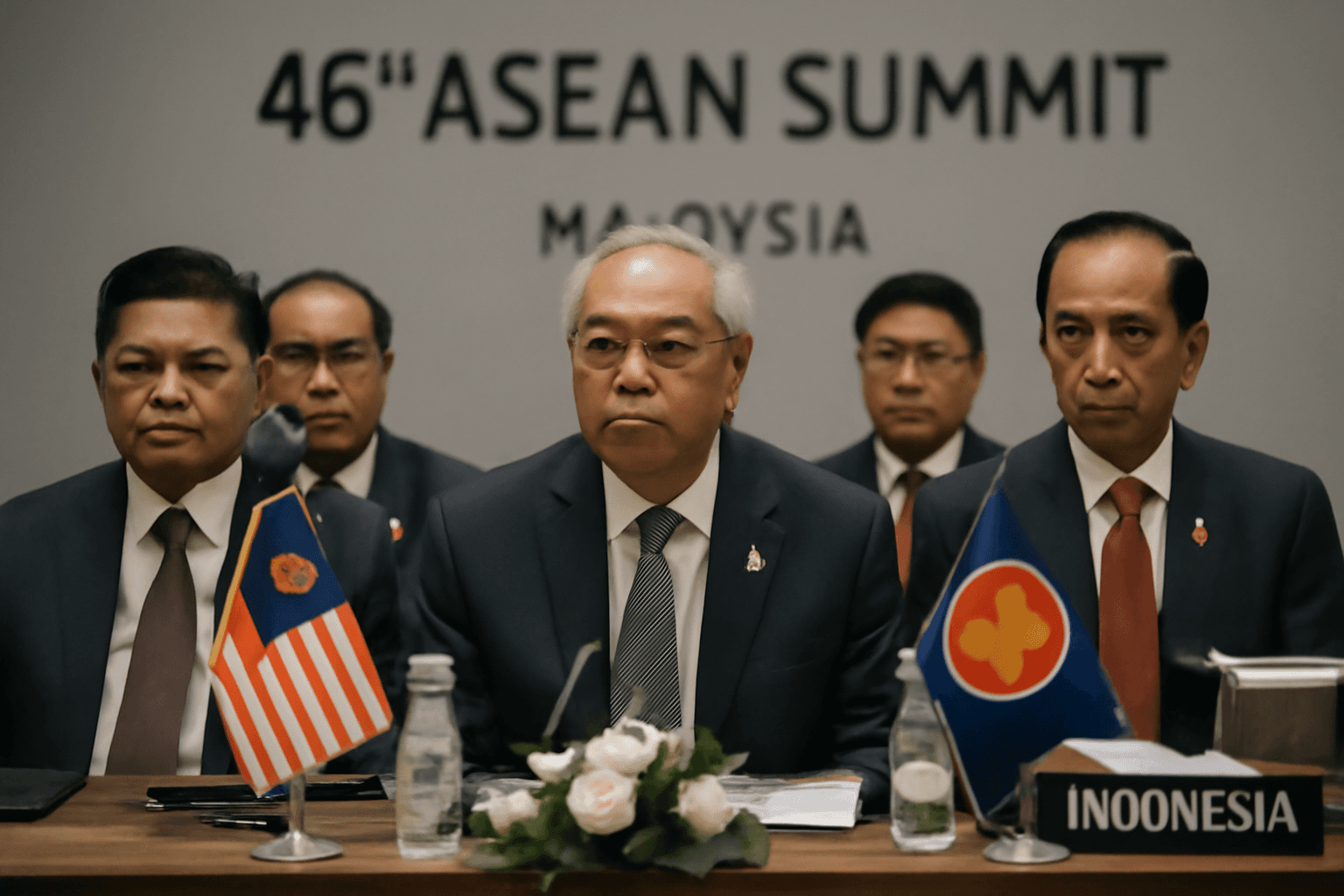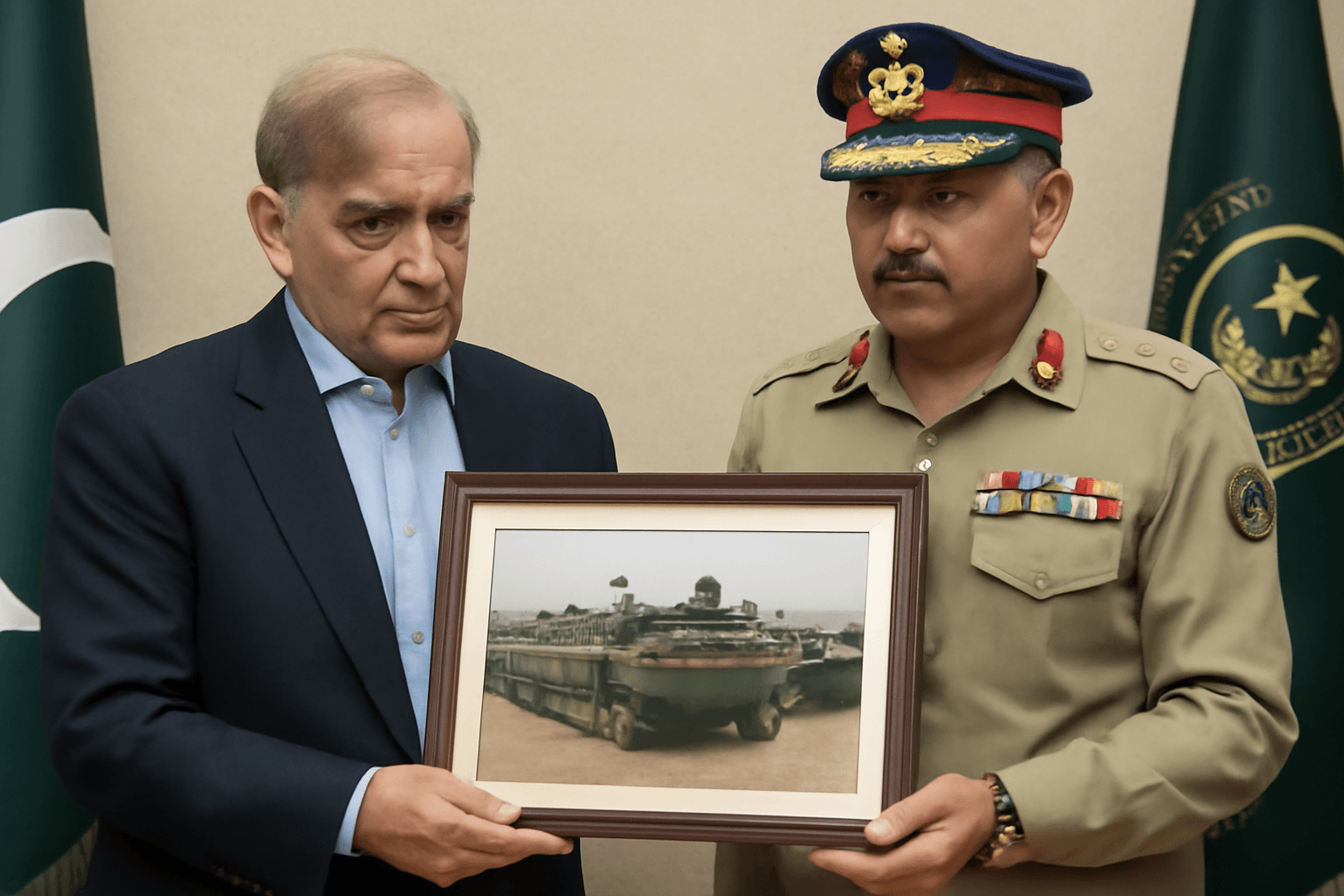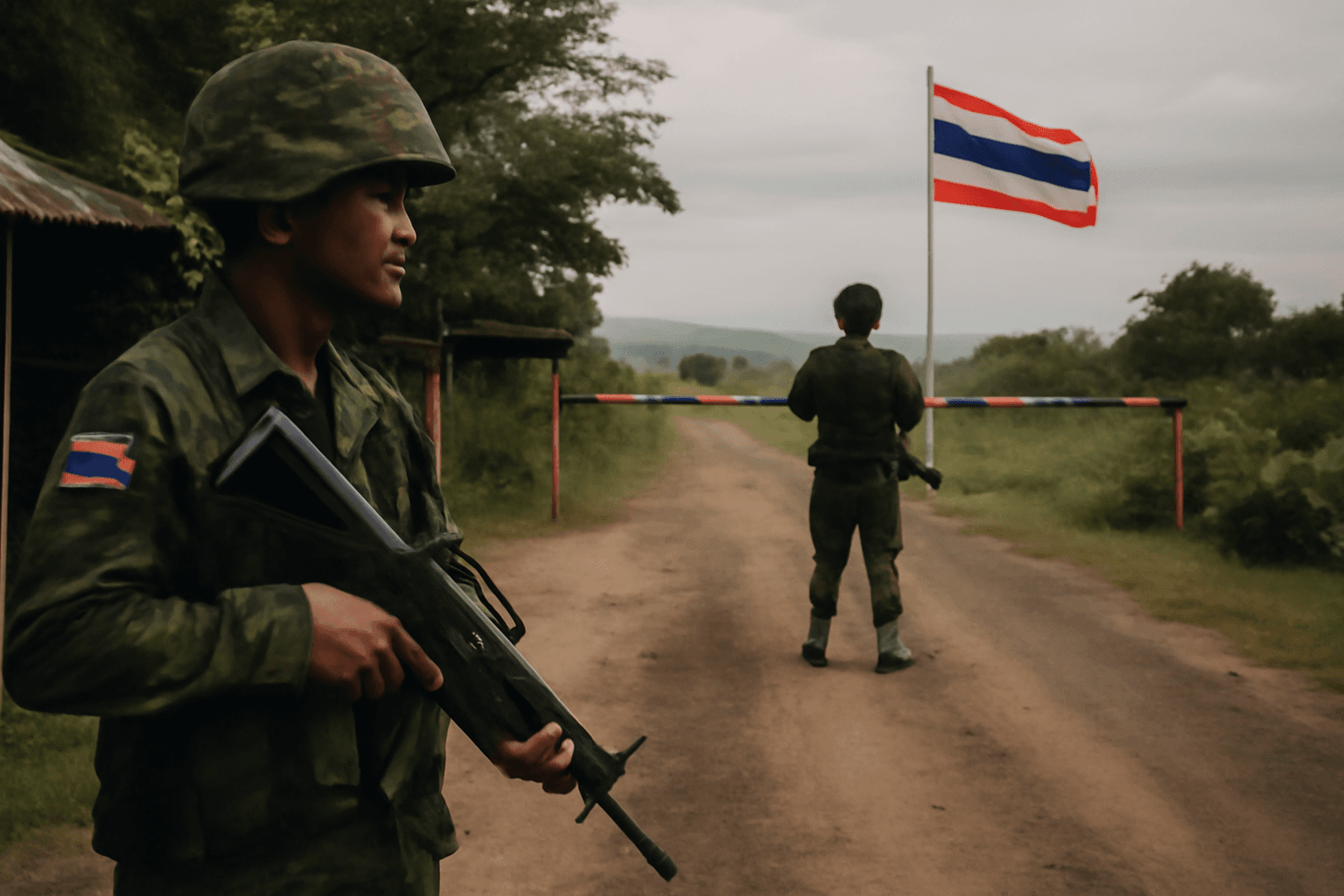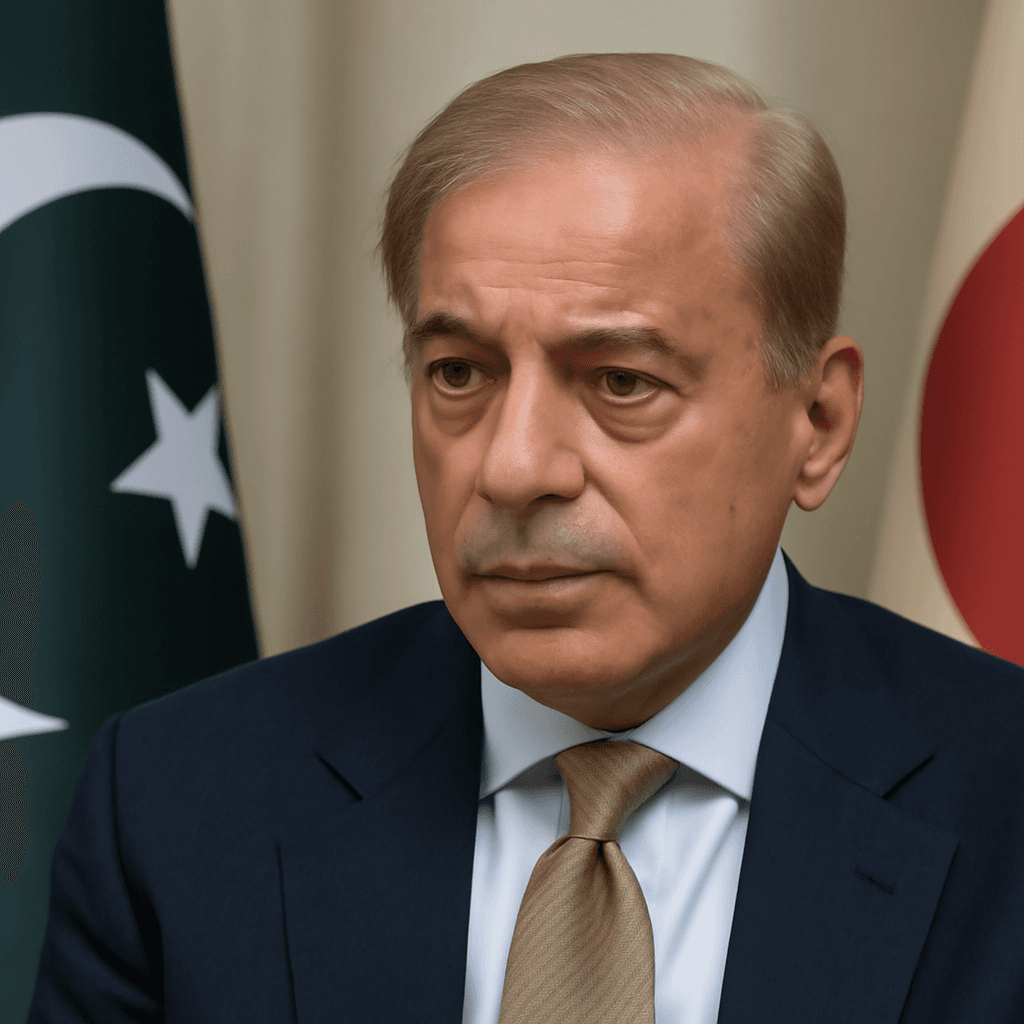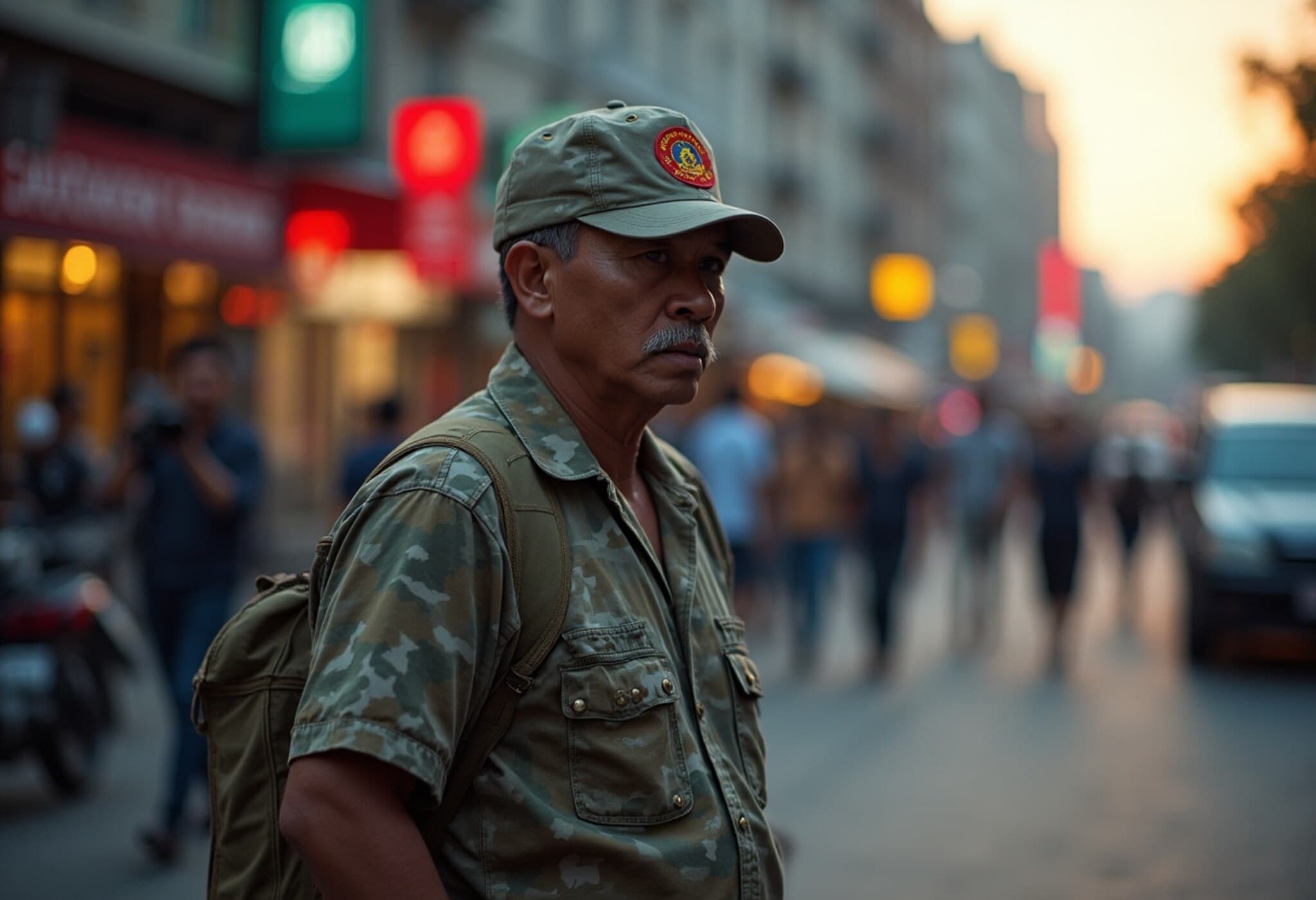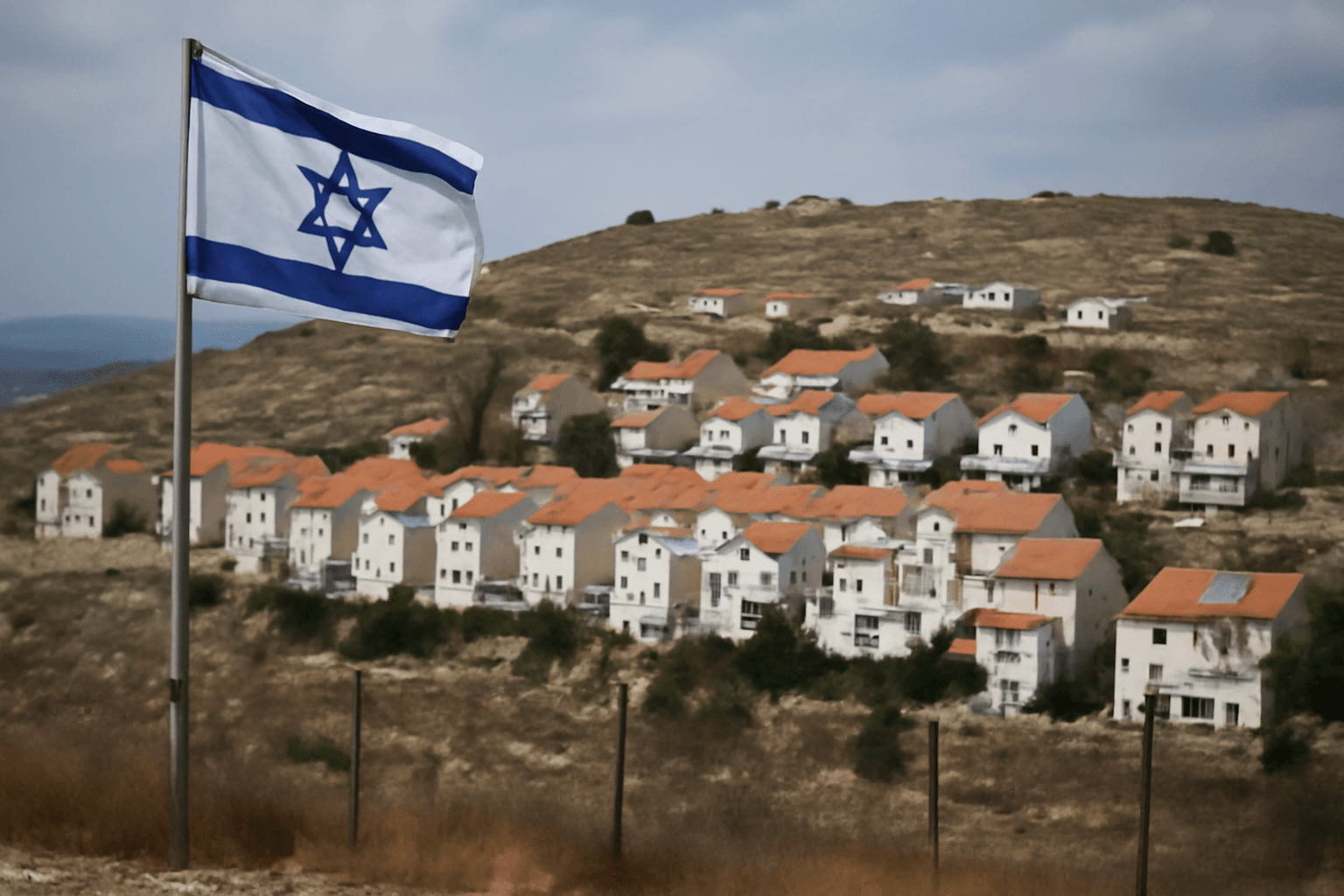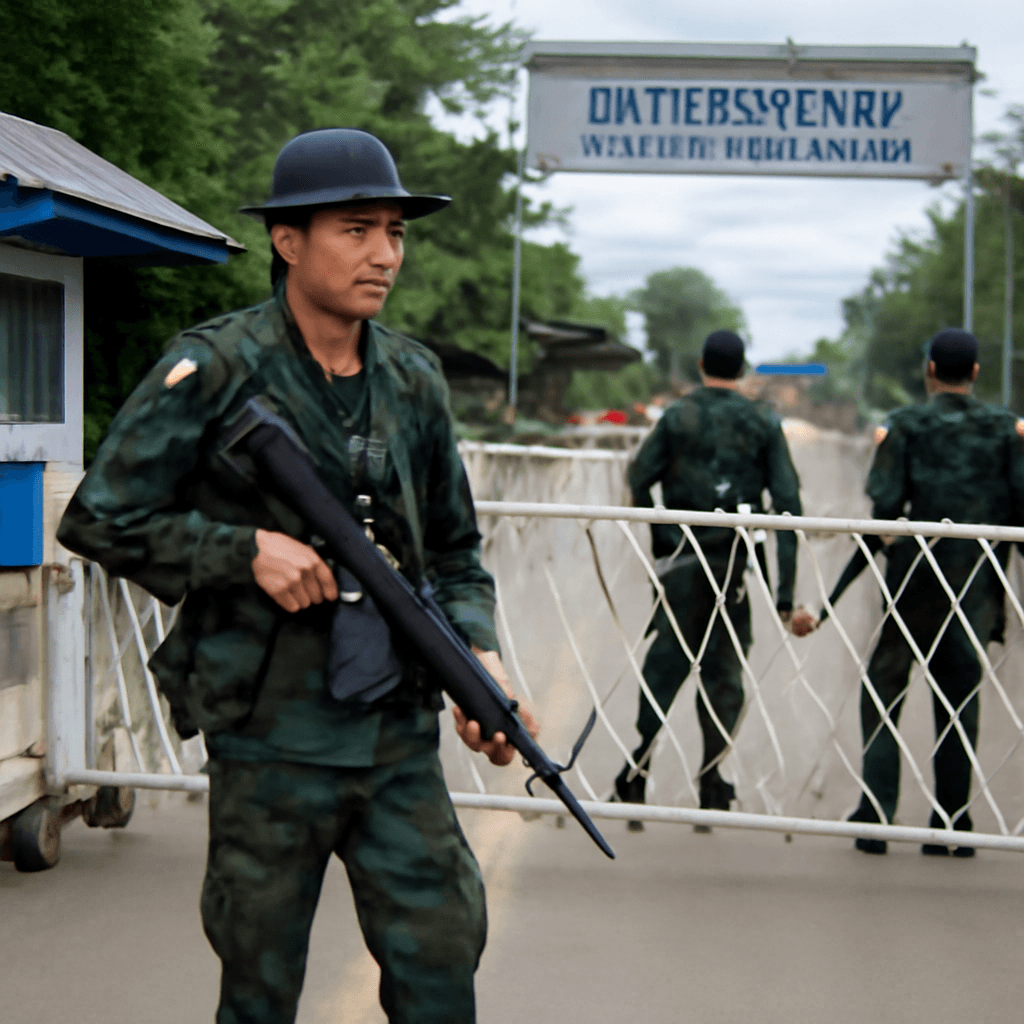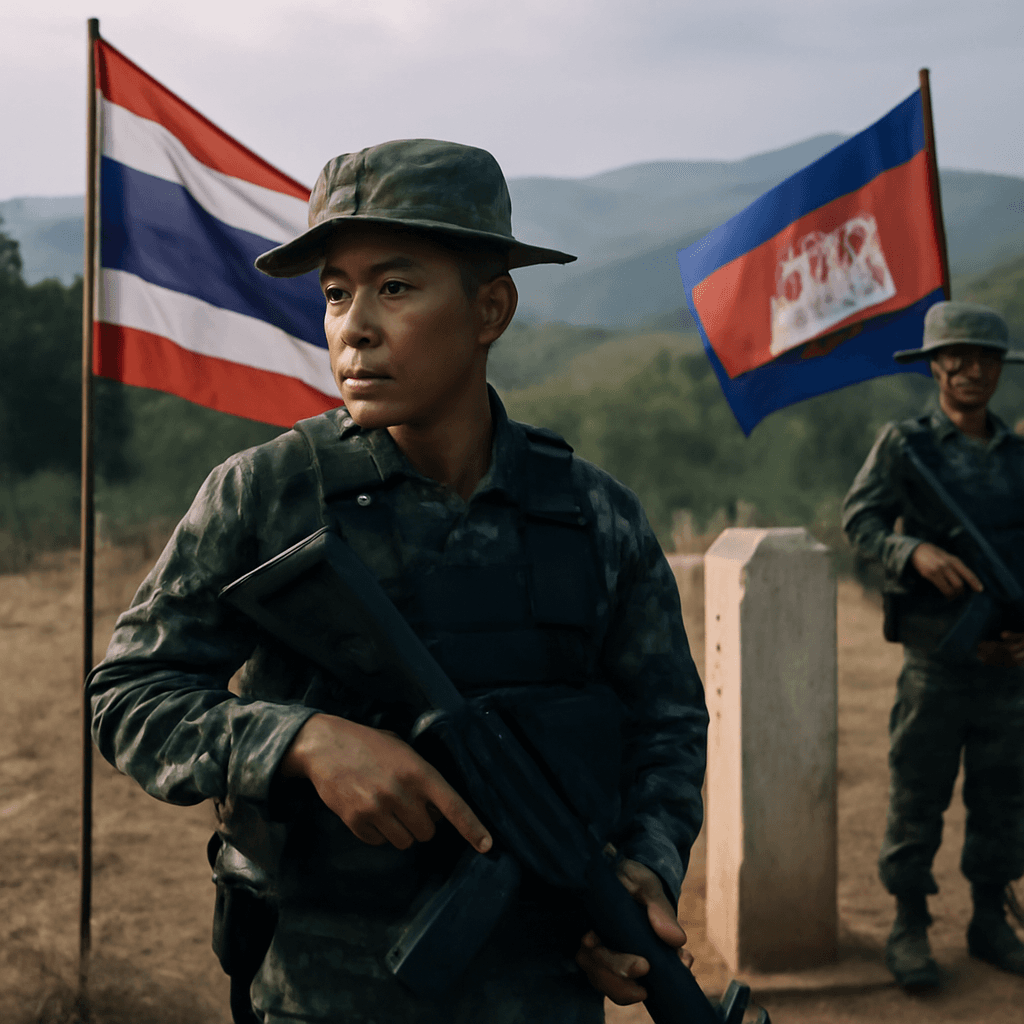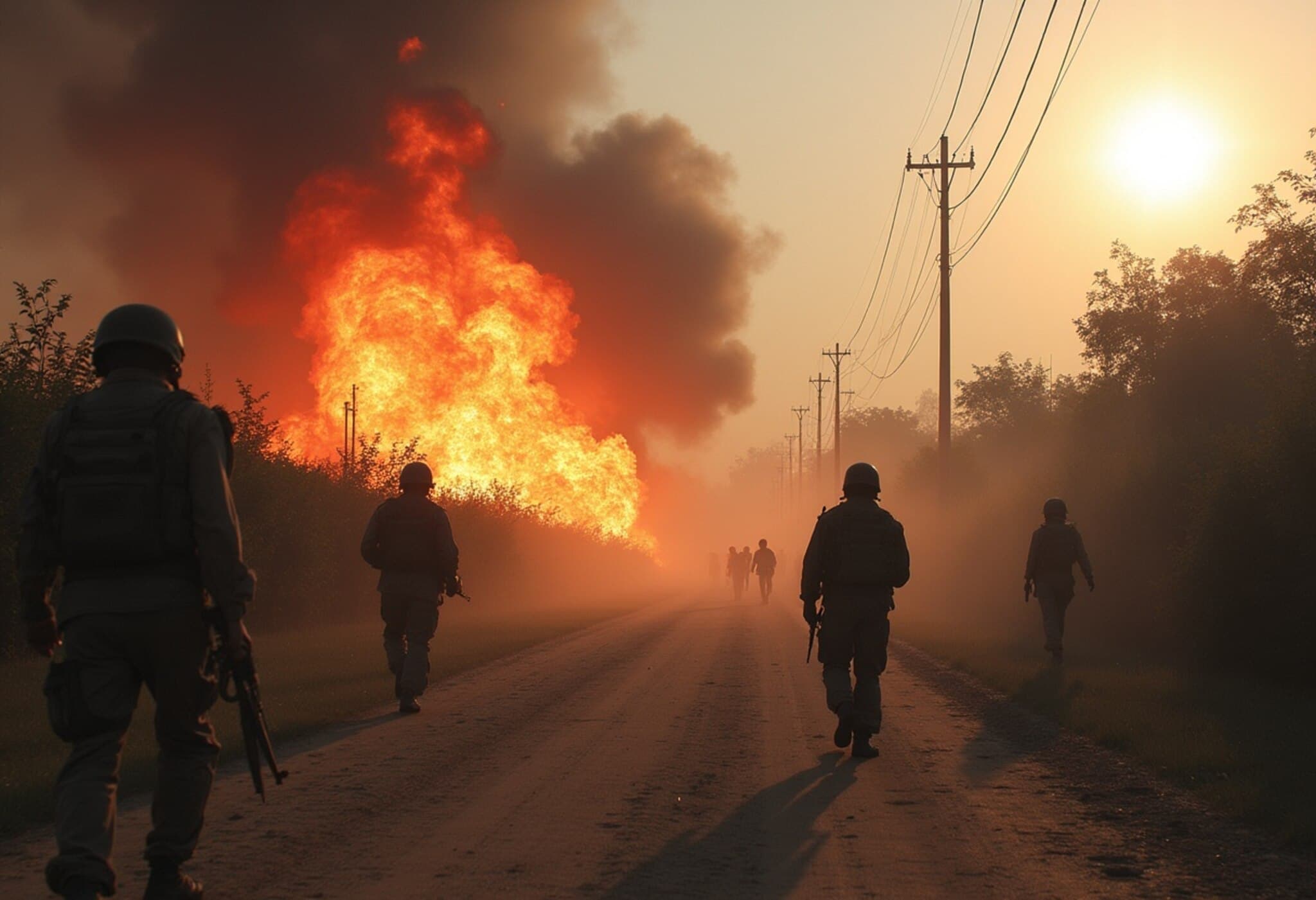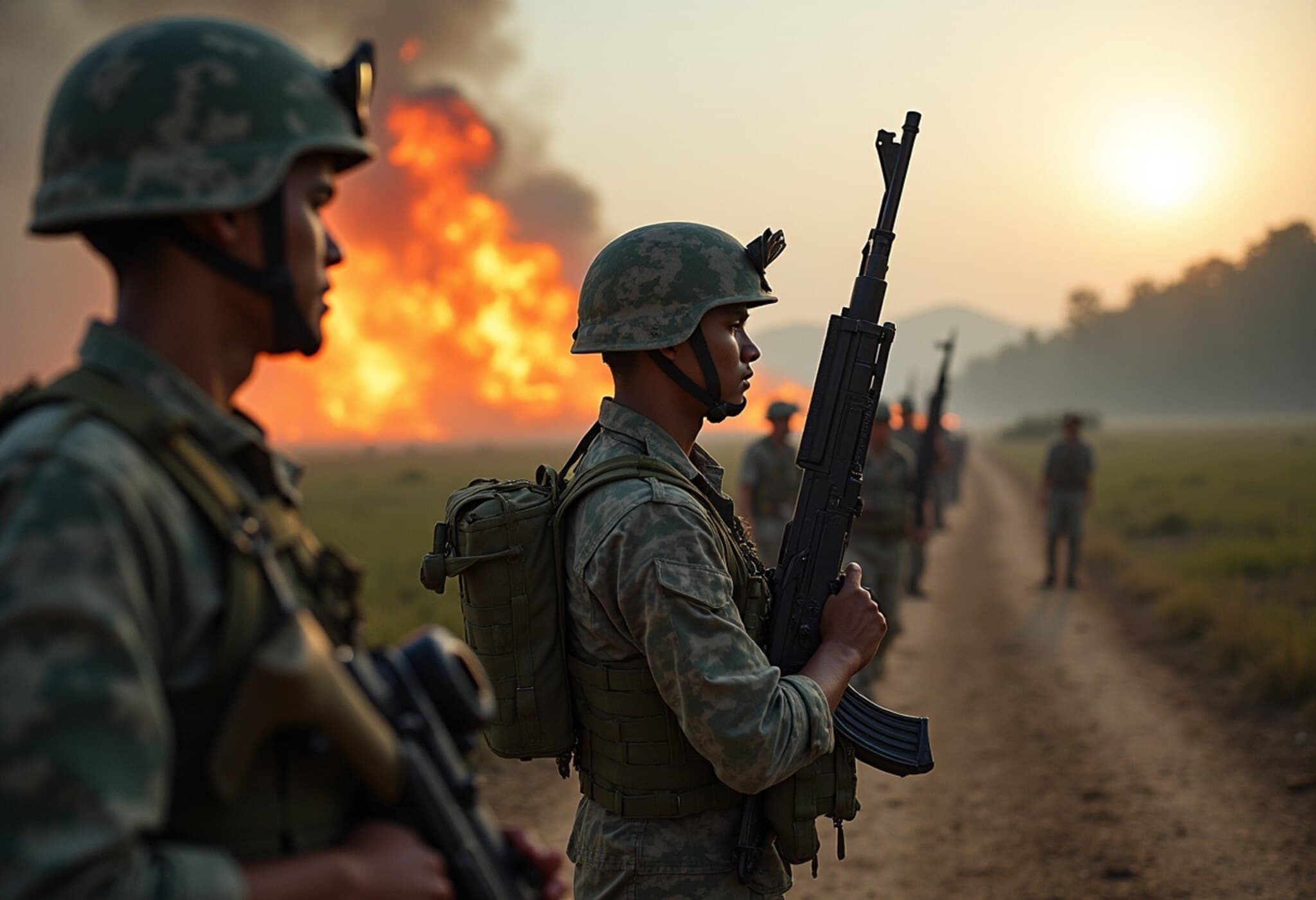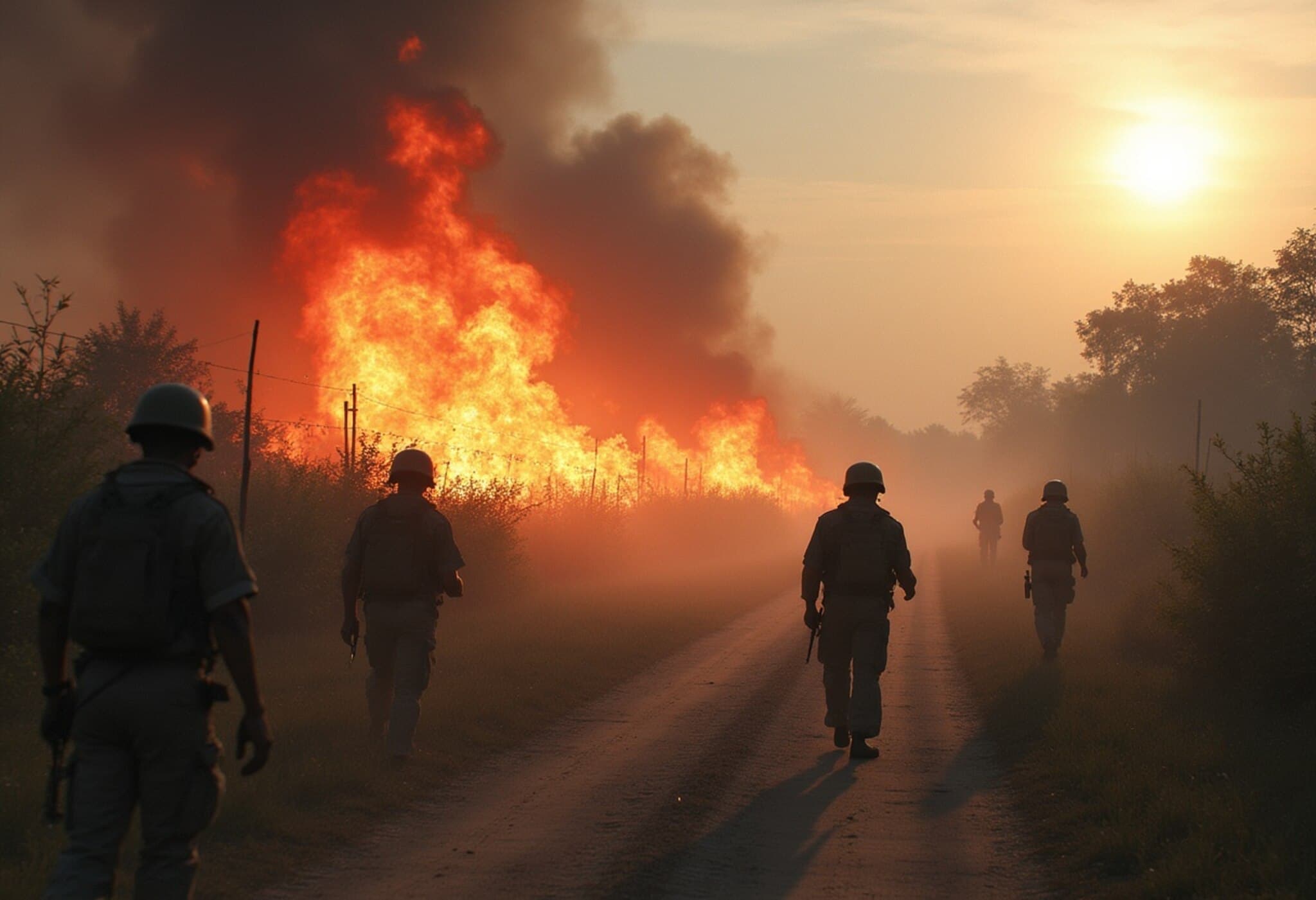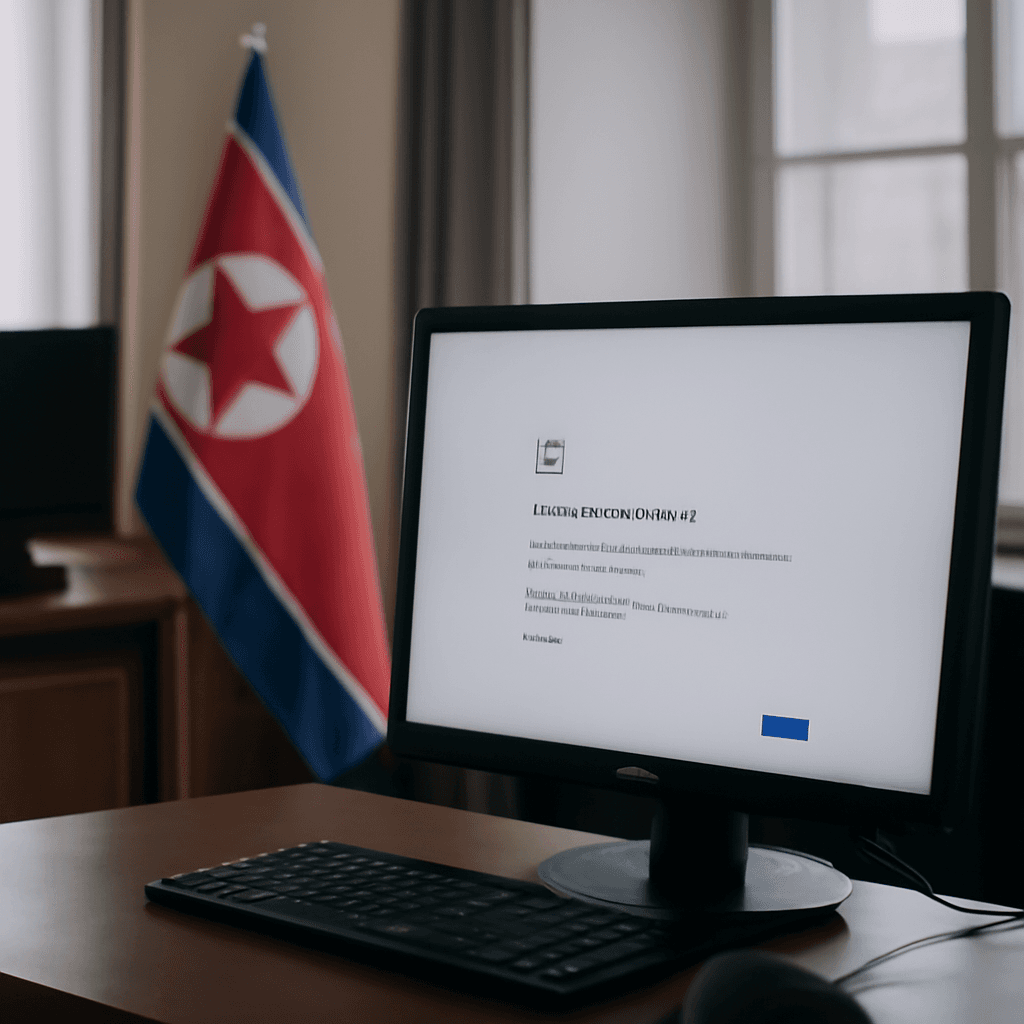Military Reinforcements Follow Disputed Border Skirmish
Thailand has bolstered its military presence along a contested border area with Cambodia after an increase in Cambodian troops was reported, escalating tensions between the neighboring countries. This move comes in the wake of a deadly skirmish on May 28, in which a Cambodian soldier lost his life.
Recent Diplomatic Efforts and Rejections
Despite ongoing diplomatic efforts, including bilateral talks on June 5, Cambodia declined proposals aimed at de-escalating the situation. Thailand's Defence Minister and Deputy Prime Minister, Phumtham Wechayachai, emphasized that Cambodia's reinforcement of forces has intensified tensions. Consequently, Thailand has adopted additional military measures to strengthen its border defense.
Key statement from Thai officials: Tha army publicly accused Cambodian soldiers and civilians of repeated incursions into Thai territory, describing these actions along with the military buildup as indicative of a "clear intent to use force." The Thai military announced plans to maintain control over all checkpoints along the border.
Historical Context of Border Disputes
The Thailand-Cambodia border, stretching approximately 817 kilometers, has long been disputed, with unclear demarcation dating back to treaties established by French colonial authorities in 1907 when Cambodia was under colonial rule. Tensions heightened notably in 2008 surrounding an 11th-century Hindu temple, leading to multiple skirmishes and casualties, including a weeklong heavy artillery exchange in 2011.
Current Political Landscape and Nationalism
Despite recent cooperation at the leadership level—with close relationships between current prime ministers, the offspring of former leaders—nationalist sentiment in Thailand has intensified. The Thai military has expressed readiness to undertake "high-level operations" to safeguard sovereignty if needed.
Cambodia has proposed taking disputes over four sections of the border to the International Court of Justice (ICJ) and requested Thailand's cooperation. However, Thailand’s Deputy Prime Minister reiterated rejection of the ICJ's jurisdiction, advocating for resolving all border issues through bilateral negotiation.
Regional Implications and Ongoing Mediation
Efforts to ease tensions involve regional actors such as the Malaysian Prime Minister, chairing ASEAN, and China, but the military buildups and recent clashes highlight persistent challenges. Both nations face a delicate balance between maintaining assertive sovereignty and pursuing peaceful dialogue in a historically volatile border region.

